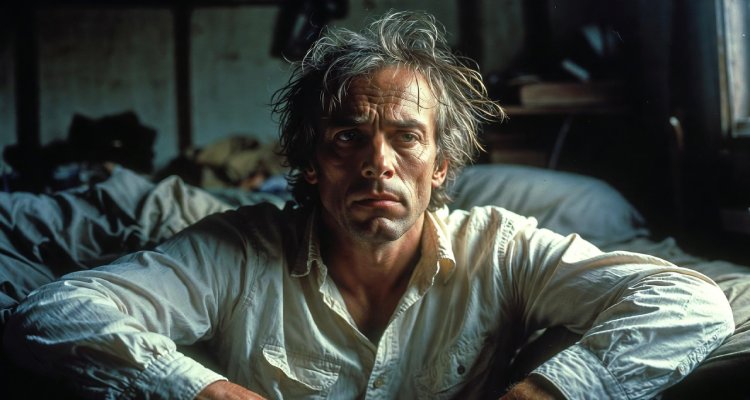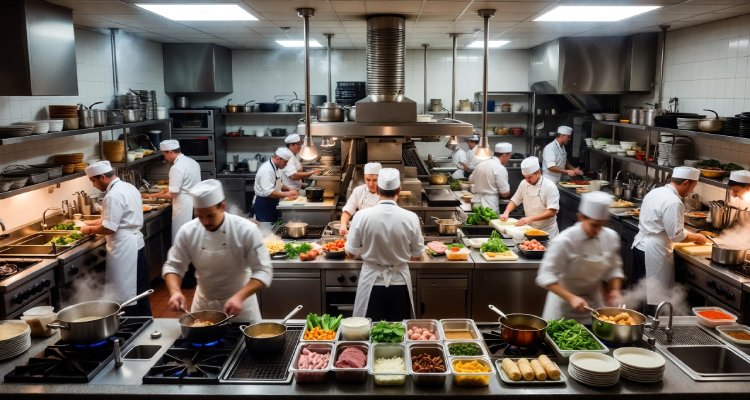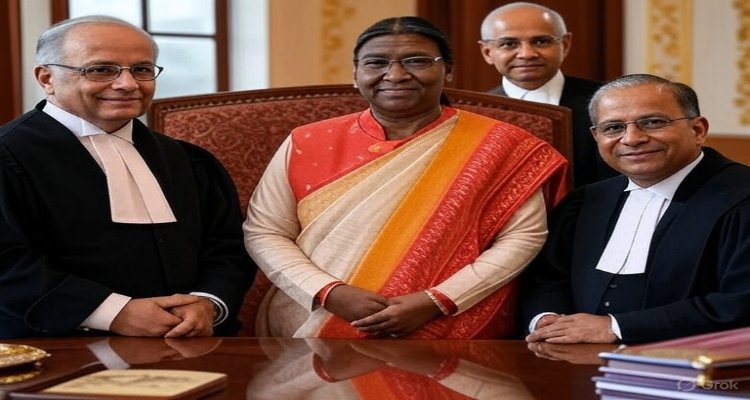President Murmu Appoints Justices Alok Aradhe and Vipul Pancholi to Supreme Court
President Droupadi Murmu appoints Justices Alok Aradhe and Vipul Pancholi to the Supreme Court, restoring the court to full strength with 34 judges.
A Historic Moment for the Supreme Court
New Delhi — In a move that restores the Supreme Court of India to its full sanctioned strength of 34 judges, President Droupadi Murmu on August 27 appointed two senior judges from the High Courts to the nation’s highest judicial body.
The appointees, Justice Alok Aradhe, Chief Justice of the Bombay High Court, and Justice Vipul Manubhai Pancholi, Chief Justice of the Patna High Court, will soon take oath as Supreme Court judges. Their elevation comes on the recommendation of the Supreme Court Collegium, led by Chief Justice of India D.Y. Chandrachud.
Why These Appointments Matter
The appointments arrive at a time when the Supreme Court continues to face an overwhelming backlog of cases. Legal experts say a full-strength bench is crucial to improving efficiency and upholding the timely delivery of justice.
Equally notable is the future trajectory of Justice Vipul Pancholi, who is now in line to become the Chief Justice of India in October 2031 following the retirement of Justice Joymalya Bagchi. This positions him to play a long-term role in shaping the judiciary’s direction over the next decade.
Understanding the Collegium System
Judicial appointments in India are guided by the collegium system, a body comprising the Chief Justice of India and the four senior-most judges of the apex court. The collegium recommends names for appointment and transfer, while the government’s role begins only after the collegium finalizes its choices.
The process reflects a careful balance between constitutional responsibility and judicial independence. Once the law ministry clears the recommendation, the Prime Minister advises the President, who makes the final appointment under Article 124(2) of the Constitution.
Justice Alok Aradhe: A Steady Ascent
Born in 1964, Justice Alok Aradhe brings decades of experience across multiple High Courts. Beginning his practice in Madhya Pradesh in 1988, he went on to serve as:
- Additional Judge, Madhya Pradesh High Court (2009)
- Permanent Judge, MP High Court (2011)
- Judge, Jammu & Kashmir High Court (2016)
- Acting Chief Justice, J&K High Court (2018)
- Judge, Karnataka High Court (2018) and later Acting Chief Justice (2022)
- Chief Justice, Telangana High Court (2023)
- Chief Justice, Bombay High Court (2024)
His journey, spanning multiple regions, has earned him a reputation for fairness, meticulous reasoning, and constitutional expertise.
Justice Vipul Manubhai Pancholi: Scholar and Jurist
Justice Vipul Pancholi, born in 1968 in Ahmedabad, combines his judicial career with academic contributions. After beginning practice in the Gujarat High Court in 1991, he served as Assistant Government Pleader and Additional Public Prosecutor for seven years.
His career highlights include:
- Elevated as Judge, Gujarat High Court (2014)
- Confirmed as Permanent Judge (2016)
- Transferred to Patna High Court (2023)
- Chief Justice, Patna High Court (2024)
Alongside his judicial work, Pancholi taught law for over 21 years as a visiting faculty member at Sir L.A. Shah Law College, Ahmedabad, underscoring his commitment to nurturing future legal minds.
Expert Views and Legal Community Reactions
The legal fraternity has welcomed the appointments. Senior advocate and constitutional scholar A. Gopal Subramanium remarked, “At a time when judicial pendency is at a record high, having a full-strength Supreme Court is essential for both constitutional governance and public faith in justice delivery.”
Law students and young lawyers, particularly in Gujarat and Madhya Pradesh, expressed pride at the elevation of judges who built their careers in their respective states, seeing it as a signal of regional diversity within the apex court.
Broader Implications
These appointments will likely have far-reaching consequences:
- Case Backlogs: With 34 judges on the bench, the Court is better positioned to address pending cases.
- Leadership Pipeline: Justice Pancholi’s future as CJI ensures continuity in judicial leadership planning.
- Federal Representation: The inclusion of judges from different High Courts enriches the court’s perspectives.
- Collegium Debate: As always, such appointments may reignite debates around transparency in judicial selection.
Looking Ahead
The appointments of Justices Aradhe and Pancholi represent both continuity and change within India’s judiciary. For the first time in months, the Supreme Court will operate at full capacity, a development expected to bolster public trust in the judicial system.
As Justice Pancholi’s path toward the Chief Justiceship becomes clearer, and as Justice Aradhe continues his reputation for constitutional depth, both are expected to leave a lasting imprint on India’s legal landscape.
Disclaimer : This article is intended for informational purposes only and is based on publicly available sources.










